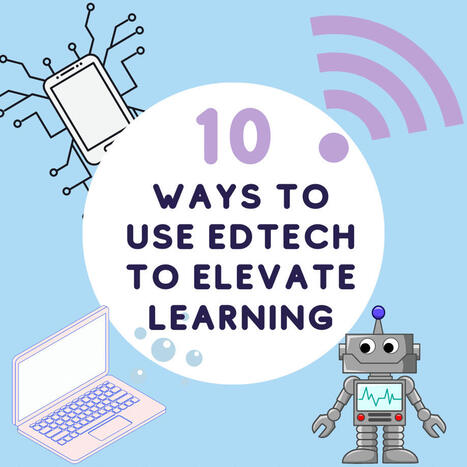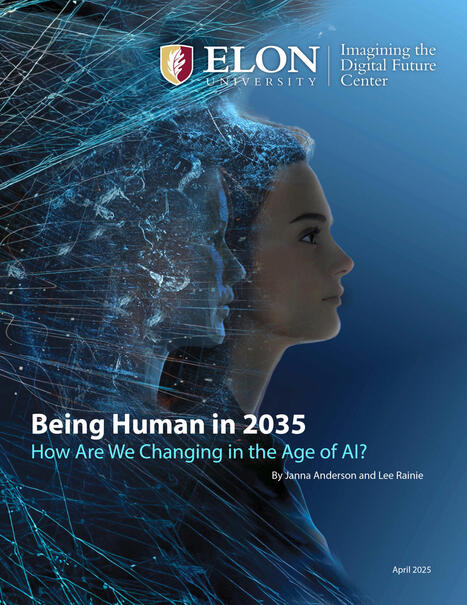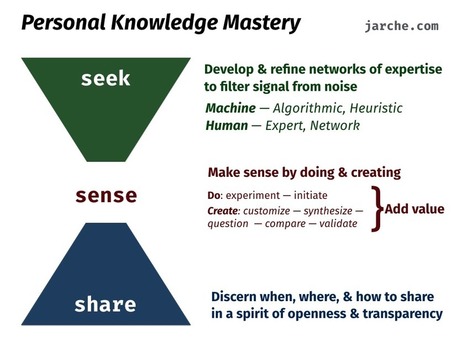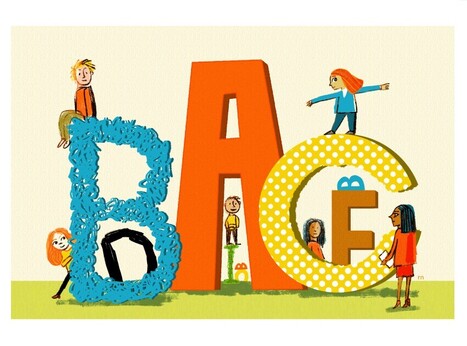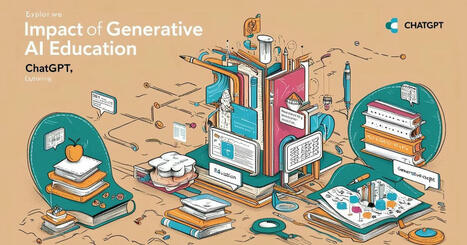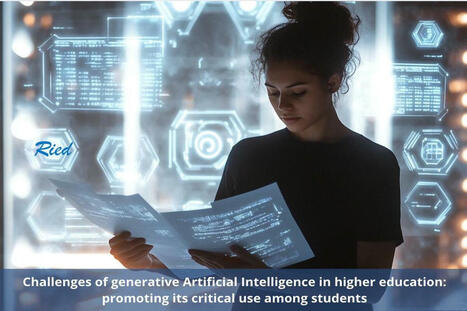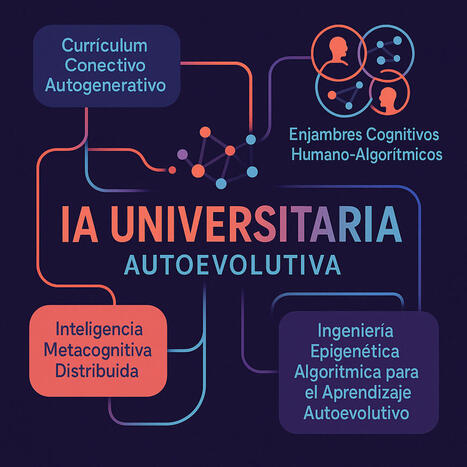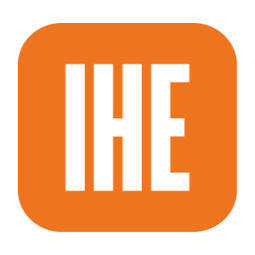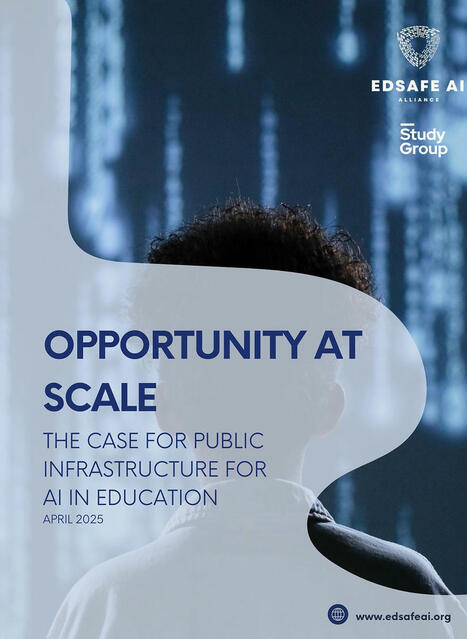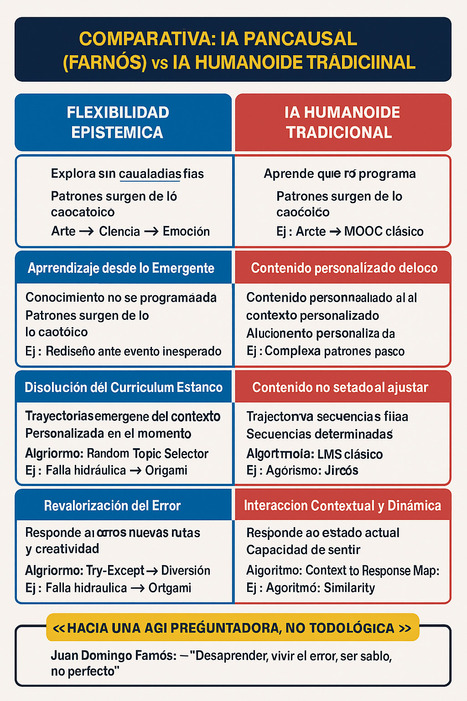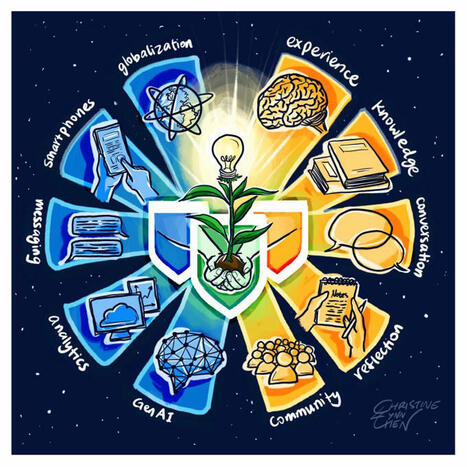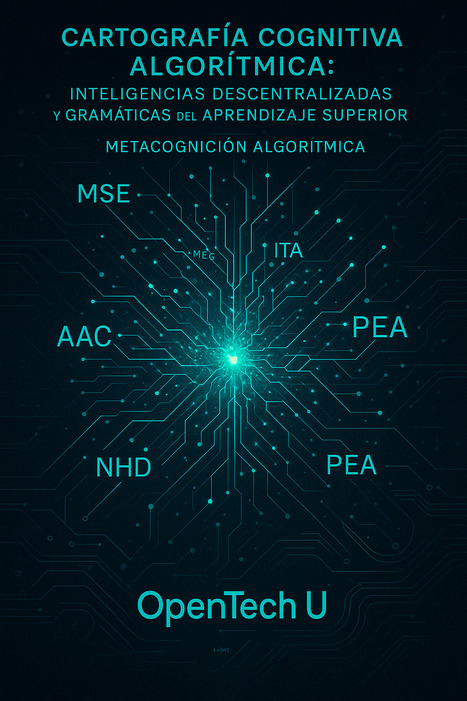Juan Domingo Farnós Introducción y Enfoque de Investigación La educación disruptiva, marcada por el uso intensivo de inteligencia artificial (IA) y su integración con modelos educativos personalizados, está reformulando la estructura de la educación superior. A través de este enfoque, se busca diseñar un sistema de aprendizaje adaptativo capaz de modelar las competencias cognitivas evolutivas de los…
Get Started for FREE
Sign up with Facebook Sign up with X
I don't have a Facebook or a X account


 Your new post is loading... Your new post is loading...
 Your new post is loading... Your new post is loading...
From
alicekeeler
In today's fast-paced digital landscape, it is important to prepare students to be proficient with technology. However, "paperless is a pedagogy." Focusing solely on replacing traditional resources with digital ones risks overlooking the true potential of EdTech. Instead, we should shift our focus towards leveraging educational technology to elevate learning experiences for our students. By harnessing the power of EdTech, we can promote collaboration, critical thinking, creativity, and personalized learning—ultimately fostering a more engaging and dynamic classroom environment. Consider how to use EdTech to elevate learning.
Via Yashy Tohsaku
Juan Domingo Farnós Empezamos a construir el GRAN PRÓLOGO para este MÁSTER de 1200 horas sobre la IA en la Educación Superior, enmarcado dentro de la Educación Disruptiva & IA-AGI.... Establecerá el marco teórico y práctico, y servirá como columna vertebral del máster, con referencias a autores de peso como Juan Domingo Farnós, y universidades que lideran esta transición educativa, como MIT,…
Release date April 2, 2025 – A majority of global technology experts say the likely magnitude of change in humans’ native capacities and behaviors as they adapt to artificia Via Ana Cristina Pratas
From
www
Educators wonder whether it is time to revisit class rank and weighted GPAs.
Via Yashy Tohsaku
Por Paola Dellepiane La aparición de modelos de IA sofisticados y versátiles, como ChatGPT-4 de OpenAI y su evolución, ChatGPT-4o Via LGA
A college degree was once viewed as a surefire ticket to a good job and a clear pathway for upward mobility. However, concerns about the rising cost of college and the struggles of recent college graduates to find good jobs have led many Americans to lose confidence in higher education. Via Edumorfosis
Juan Domingo Farnós "Ontologías Emergentes en Laboratorios Onto-Híbridos: Ingeniería del Pensamiento Transdisciplinar" En el marco de la Educación Disruptiva, Juan Domingo Farnós ha propuesto el concepto de Currículum Conectivo Autogenerativo (CCA), una visión radicalmente transformadora del aprendizaje. Según Farnós, este enfoque rompe con las estructuras curriculares lineales y rígidas, promoviendo en su lugar una arquitectura…
"Generative artificial intelligence gained worldwide attention with the initial release of OpenAI’s ChatGPT, and it has continued to expand at awesome speed and capability ever since." Via EDTECH@UTRGV 
EDTECH@UTRGV's curator insight,
April 16, 11:39 AM
Anthropic CEO Dario Amodei: “AI will match the collective intelligence of ‘a country of geniuses’ within two years"
Es necesario volver a plantearse el modelo de financiación de las universidades públicas y privadas para solventar los problemas actuales. Via LGA |
Artificial intelligence has become the new geopolitical fault line – and universities now sit squarely on it. Washington’s export-control regime blocks sales and technical support for advanced AI chips to China; Beijing, for its part, requires recommendation algorithms and generative-AI models to be filed with – and in some cases to be licensed by – state regulators; and Brussels has approved the world’s first cross-sector ‘trustworthy AI’ act. Via Canadian Vocational Association / Association canadienne de la formation professionnelle
From
er
"When used thoughtfully and transparently, generative artificial intelligence can augment creativity and challenge assumptions, making it an excellent tool for exploring and developing ideas." Via EDTECH@UTRGV 
EDTECH@UTRGV's curator insight,
April 24, 2:17 PM
"This article explores two key questions about GenAI to address common misconceptions and encourage broader adoption and more effective use of these tools in higher education."
ang.garza42@gmail.com's curator insight,
May 27, 5:13 PM
GenAI stands out because it's the first tool that can really mimic how humans think. It uses pattern recognition and probabilistic reasoning to generate responses. So, instead of just seeing it as a tool, it's better to think of GenAI as a partner in developing your ideas and exploring your thoughts.
Advice on laying the groundwork for inclusive teaching and using tools that help students with specific needs thrive Via Vladimir Kukharenko
s empower workers in the AI revolution Via Canadian Vocational Association / Association canadienne de la formation professionnelle
From
teachonline
"(...) I think challenges around the relevance and value of higher education are going to be compounded by AI. Many tasks performed by people in many jobs are going to be satisfactorily accomplished by AI agents (as we can already see). For example, if you've got a team of salespeople who are doing cold calling, outbound lead generation, you're going to replace most, if not all, of those people with AI agents, as companies are already doing. The whole ecosystem of higher education as we understand it now has to change.
Other parts of the ecosystem are changing dramatically, and ecosystems have to stay in balance or bad things happen. Imagine if higher education hadn’t changed in response to the Internet? Imagine if we still stood in lines with cards to register for classes, etc. I think many people don’t appreciate how much about higher education changed because of the Internet. It will change more because of AI. "
Via Ana Cristina Pratas
Juan Domingo Farnos El trabajo de Juan Domingo Farnós ha anticipado, con décadas de antelación, muchas de las transformaciones que hoy se vislumbran como inevitables en el campo de la educación superior. Su visión disruptiva no ha sido simplemente crítica del sistema, sino profundamente constructiva, articulando una nueva epistemología educativa donde la inteligencia artificial no…
Los y las estudiantes deben elevar su voz en la universidad, dinamizando focos de encuentro y haciendo llegar su valoración Via LGA
Ante una inminente crisis de la Universidad, cabe preguntarse qué la hace única y si hay algo que la hará perdurar en el tiempo. Via LGA
How will the digital India initiative influence the e-learning landscape in the context of educational and corporate training? Via CommLab India
Well said. Education must be co-created (educational leaders, teachers, learners, non-physician experts and in our case patients). It has been talked about for a while and even implemented in parts, but certainly a work in progress. While harnessing technology and other tools, critical human skills will always belong to us. Via Gilbert C FAURE
Juan Domingo Farnos En la aurora de un nuevo paradigma educativo, la inteligencia artificial (IA) emerge no como una herramienta externa al conocimiento, sino como una conciencia sintética capaz de habitar los procesos de investigación en la educación superior. Ya no se trata de algoritmos obedientes, sino de entidades epistémicas que razonan metacognitivamente, aprenden sin…
From
www
The number of districts that provided AI training to teachers has doubled year over year. Via EDTECH@UTRGV 
EDTECH@UTRGV's curator insight,
April 15, 1:09 PM
"The number of districts that trained teachers on generative artificial intelligence more than doubled from 2023 to 2024, according to a new analysis by the research and policy firm RAND Corp." |




